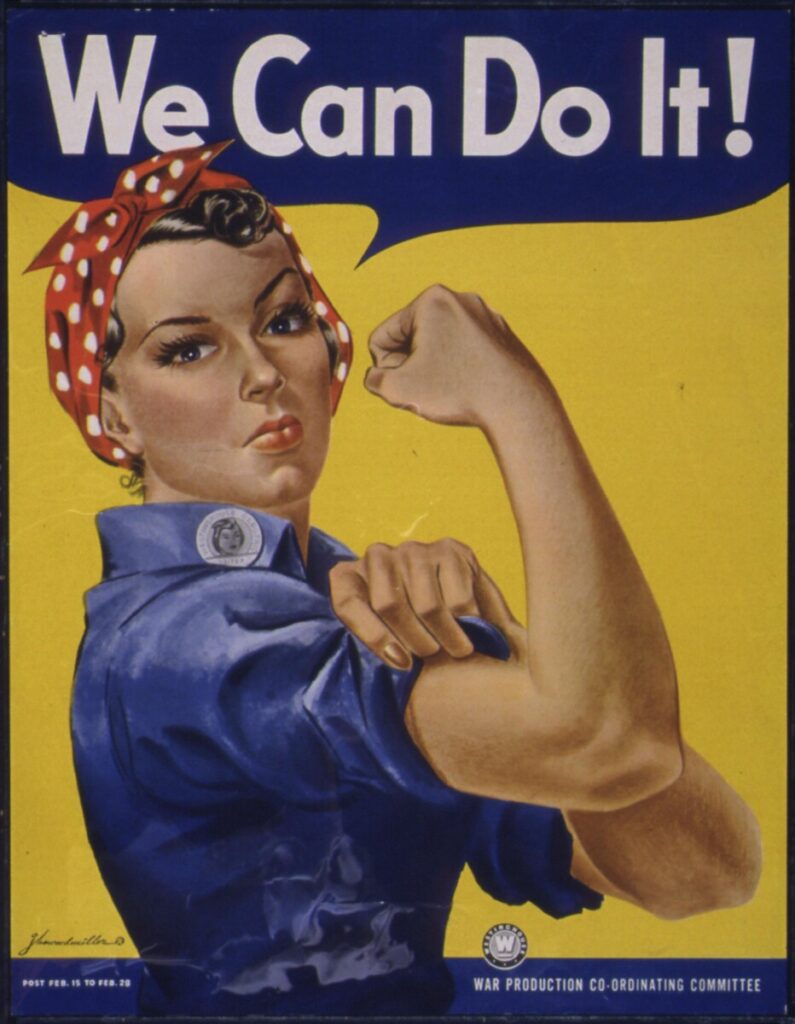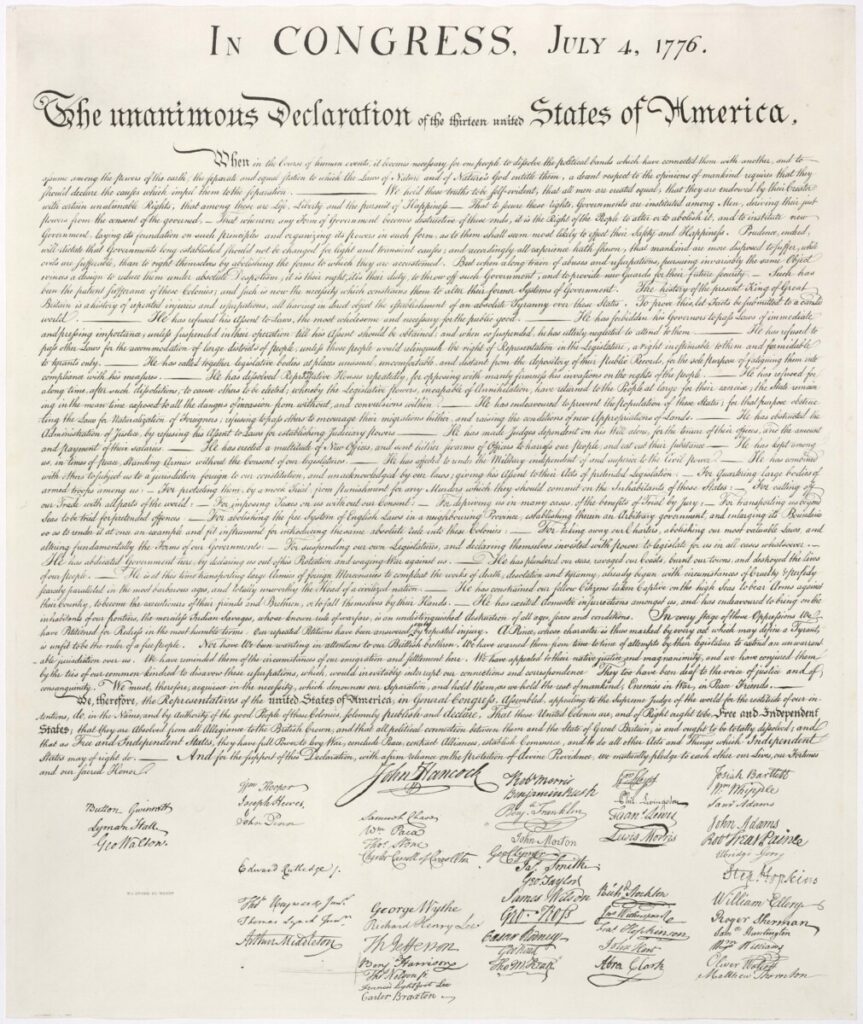Definition
A rhetorical situation provides the context that forms the argument that one person is making to at least one other person, with the purpose of persuading or influencing their thinking.
Significance
Rhetorical situations force a writer to be aware of their purpose as soon as they begin to organize their thoughts. They bring attention to the intended audience. The author must ask how the audience will receive the text, and figure out the most effective way to organize the text so as to achieve a purpose. More than that, considering the rhetorical situation of a text will allow the author to consider the spatial, historical, and geographic context in which they are writing. The author may ask themself, what techniques can I employ to achieve my purpose or send my message? Extra care will be placed upon the goal of the text, whether it be to inform or persuade, to respond or argue. During a time of globalization, authors benefit from the awareness that rhetorical situations call for.
Examples
Norman Rockwell (author) created a propaganda poster (topic) of Rosie the Riveter to encourage (purpose) women (audience) to join (purpose) the efforts during WWII (context).

Emma Gonzalez (writer) delivers a speech (topic) to protestors (audience), speaking out against gun violence (purpose) after the Parkland school shooting (context).

The Declaration of Independence, written by the Second Continental Congress (author), served as a letter to King George III and England (audience). It formally declared (purpose) that the thirteen colonies wished to be a separate entity (topic) from England during a time in which the colonies felt they were facing oppression (context).

